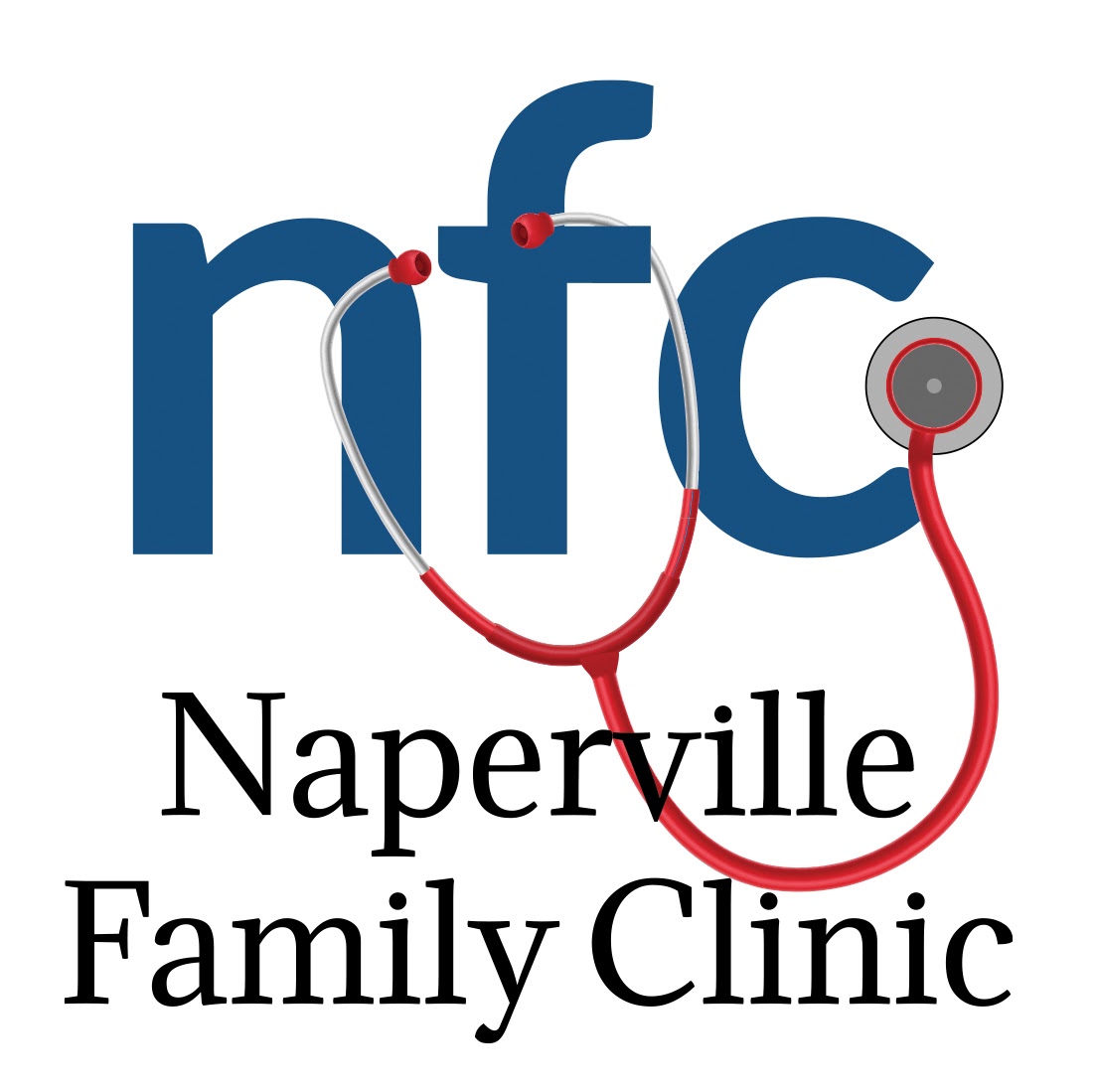COVID-19 (coronavirus disease 2019) is a viral infectious illness caused by SARS-CoV-2, designated a pandemic by the World Health Organization (WHO). Approximately 200 million people have been infected as of September 2021, with over 4.5 million fatalities.
Clinical presentation
Many individuals infected with SARS-CoV-2 have no symptoms. COVID-19 symptoms and indicators are non-specific; however, among symptomatic people, the following are the most common:
- fever (85-90%)
- smell and taste disturbances (50%)
- cough (65-70%) with sputum (30-35%)
- shortness of breath (15-20%)
- fatigue (35-40%)
But as time is passing, we are coming closer to beat this pandemic via vaccination. If you’ve had the vaccination, congratulations! And if you’re still not sure if the vaccination is appropriate for you, consider the following advantages that the vaccine may offer you and your family members.
The vaccination lowers your chances of contracting an infection.
Your body begins producing antibodies against the coronavirus after you get your first injection. If you are exposed to the virus, these antibodies help your immune system fight the infection, reducing your chance of getting the disease. The mRNA vaccine involves injecting only a tiny part of the virus, which induces immunity. And that tiny part gets destroyed by our body in a few weeks, leaving behind only the immunity against the virus. In the United States, there are three vaccines available (namely Pfizer, Moderna, and Johnson & Johnson), all of which are more than 70% effective at preventing illness.
None of us are absolutely safe until all of us are vaccinated, and it’s also true that you may still become sick after being vaccinated, but due to something called herd immunity, your odds of becoming infected are lowered even more. Moreover, the immunity present already due to the vaccine helps you not having severe symptoms of infection. As a result, being vaccinated lowers your risk of infection and helps safeguard the community by lowering the risk of viral transmission.
The vaccination may be beneficial to your unborn child or infant.
According to recent research, pregnant women who get the COVID-19 vaccination develop antibodies to the virus, which they pass on to their unborn child via the placenta. In addition, mothers’ breast milk was also shown to transmit antibodies to their infants. This indicates that those infants have some protection against the virus, which is particularly significant given that infants and toddlers are not eligible for the vaccination yet
The vaccination guards against life-threatening illnesses.
Trials have shown that the three authorized vaccines are effective in preventing severe COVID-19 illness. Therefore, even if you have been vaccinated and acquire the virus, you are unlikely to become very ill. Clinical trials have demonstrated that the Pfizer-BioNTech and Moderna vaccines are 100% effective in preventing severe illness. The Johnson & Johnson vaccine was shown to be 85% efficient in avoiding severe illness.
The vaccinations are also effective against novel variants, such as the Delta form, that are in circulation now. All three vaccines after boosting your immunity will protect you from serious disease and decrease the risk of hospitalization.
According to studies, in comparison to individuals who aren’t vaccinated, vaccinated persons who get sick had mild to moderate symptoms of COVID-19. As a result, after you’ve been completely vaccinated, your chances of being hospitalized or dying as a result of COVID-19 are virtually nil unless you are immunocompromised at baseline due to some underlying sickness.
Vaccines have no effect on your DNA
COVID-19 vaccines are messenger RNA vaccines, which are a relatively new kind of vaccine. These mRNA vaccines tell our cells to make a non-lethal protein fragment called the spike protein. The spike protein is found on the surface of the virus. COVID-19 mRNA never makes it to the cell nucleus, where DNA (genetic material) is stored. Instead, the instructions are utilized to build the protein component once within your muscle cells, and then they are broken down and destroyed.
The cell then puts the protein fragment on its surface. When the immune system detects the protein, it starts to mount an immunological response and produces antibodies in order to combat the infection. Thus, our bodies have learned how to defend themselves against infection towards the conclusion of this procedure.
COVID-19 immunization is a less risky approach to aid in the development of protection.
COVID-19 may cause severe, life-threatening consequences, as shown by the hundreds of patients who need hospitalization every day. Even while certain groups are more impacted than others owing to age, health, and other factors, no one can predict how COVID-19 will affect an individual.
COVID-19 may offer some natural immunity and therefore provide some protection. However, scientists are unclear how long that immunity will persist, and the risk of severe illness and death from COVID-19 much outweighs any natural immunity benefits. When you are vaccinated, your body produces antibodies that prevent you from getting the illness without having to go through it. Experts are looking at both natural immunity and vaccine-induced immunity as key components of COVID-19. Officials from the healthcare system want to keep the public updated on new developments.
You’ll be able to reconnect with friends and relatives thanks to the vaccination.
You may visit other individuals who have been vaccinated in person without wearing a mask after you’ve gotten the vaccination and waited the necessary period for your body to develop immunity. If you are completely vaccinated and not having symptoms, you do not need to quarantine if you have been near someone who has tested positive for COVID-19.
After a year of uncertainty, the vaccine is here now, with obvious advantages that should entice everyone to receive the injection. You can safeguard not just yourself and your family but also your community by being vaccinated.

